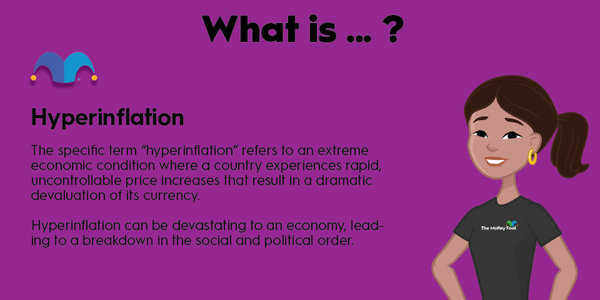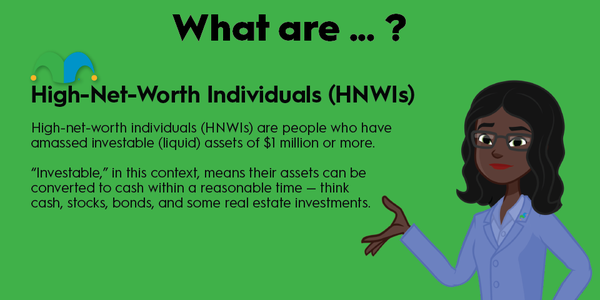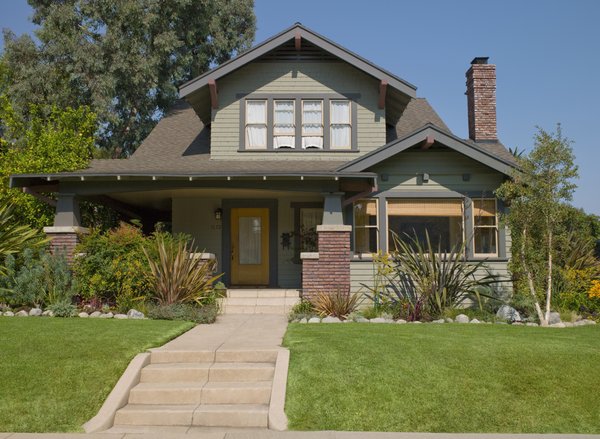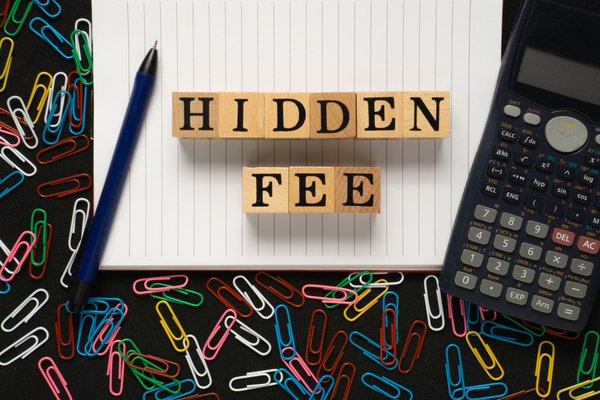You've crunched the numbers to understand exactly how much home you can afford. But now that you're shopping, you're seeing properties with homeowners association (HOA) fees. And you're worried about how the extra cost eats into your budget.
Should you swear off properties with HOA fees or budget around them? Read on to find out.
What is an HOA fee?
What is an HOA fee?
An HOA fee is an assessment HOAs charge to their members. Members are property owners in the community -- which could be a neighborhood, townhouse complex, condominium complex, or apartment building. Note that associations for condominium owners may also be called condominium owner associations (COAs).condominium complex, or apartment building. Note that associations for condominium owners may also be called condominium owner associations (COAs).
HOAs are responsible for maintaining public areas as well as shared structures and systems. Public areas include greenways, community swimming pools, sports courts, and any roads that aren't maintained by a local government.
Shared structures and systems apply primarily to condominiums and apartments, where residents use common plumbing and electrical infrastructure, as well as lobbies, building exteriors, and roofs.
The HOA also enforces the rules of living in the community. These rules are called covenants, conditions, and restrictions (CC&Rs).
HOA fees pay for the association's maintenance responsibilities, plus community upgrades and any shared services such as security and insurance. An HOA may charge its fees monthly, quarterly, or annually.
Property owners are also subject to special assessments, which are extra fees to cover unexpected community costs. If the HOA needs to raise money fast to repair an earthquake-damaged building, for example, it could levy a special assessment on its property owners.
Are HOA fees worth it?
Are HOA fees worth it?
Whether a property's HOA fees are worth it depends on what you get in return and your other options.
What you get in return
HOA fees increase your living expenses but may provide some perks, too. For example, if your community has a shared gym or tennis courts, you wouldn't have to pay separate membership fees for access to similar facilities. On condominiums and townhomes, the HOA fees can spare you from exterior maintenance and landscaping costs.
What your other options are
HOAs usually have rules governing property maintenance. For example, many HOAs require property owners to keep their lawns tidy, remove clutter, and store RVs and boats elsewhere.
As a result, properties without HOAs may have less curb appeal or messier neighbors. So whether you're buying a home for yourself or as an investment, there is a chance you prefer the polish of HOA-governed communities. This is an area where the fees are indirectly providing value, which should be a factor in your buying decision.
Managing your HOA fees
Managing your HOA fees
The big rule with respect to HOA fees is not to overlook them when you're buying a home. As part of closing escrow, you must certify that you'll abide by the HOA's rules -- and that includes paying the fees. Typically, if you are delinquent on the fees, the HOA can put a lien on your property.
First, find out what fees would apply to you. Don't rely on estimates from real estate websites. Instead, get an exact number from your agent. HOA fees often have a tiered structure, with higher or lower assessments depending on the property size or level of improvement.
Next, read the HOA's CC&Rs and bylaws to find out if the association can charge special assessments. Special assessments can be a budgeting nightmare because they're often sizable and unpredictable. You'll also want to know if the association has charged special assessments previously and, if so, why.
Lastly, know that you can get involved in your HOA's budgeting process. Once you move in, lobby to join the board. That gives you insight and a voice into the management of your association.
How HOA fees affect your home-buying budget
How HOA fees affect your home-buying budget
According to the U.S. Census Bureau, the average monthly HOA fee nationwide is $191. However, these fees can vary dramatically from one neighborhood to the next. According to Condo Control, a service provider to property managers, the average HOA fee in New York City is $653 a month. In Miami, the average is $283 monthly.
No matter what the number is, the HOA fee does affect your home-buying budget. Let's say you can afford $2,300 monthly for your mortgage, interest, taxes, insurance, and HOA fees. Under the following assumptions, that payment level translates to a budget of about $400,000:
- 30-year fixed loan at 6.5%.
- 20% down payment.
- $2,400 in annual property taxes.
- $1,000 in annual homeowners insurance premiums.
- No HOA.
Adding a $100 monthly HOA fee to those assumptions, without any offsetting savings, lowers your max budget by $20,000 to $380,000. That's a significant change. So you see why it's helpful to understand if the HOA fee spares you from other expenses, like gym fees. The affordability of a property can depend on it.

















